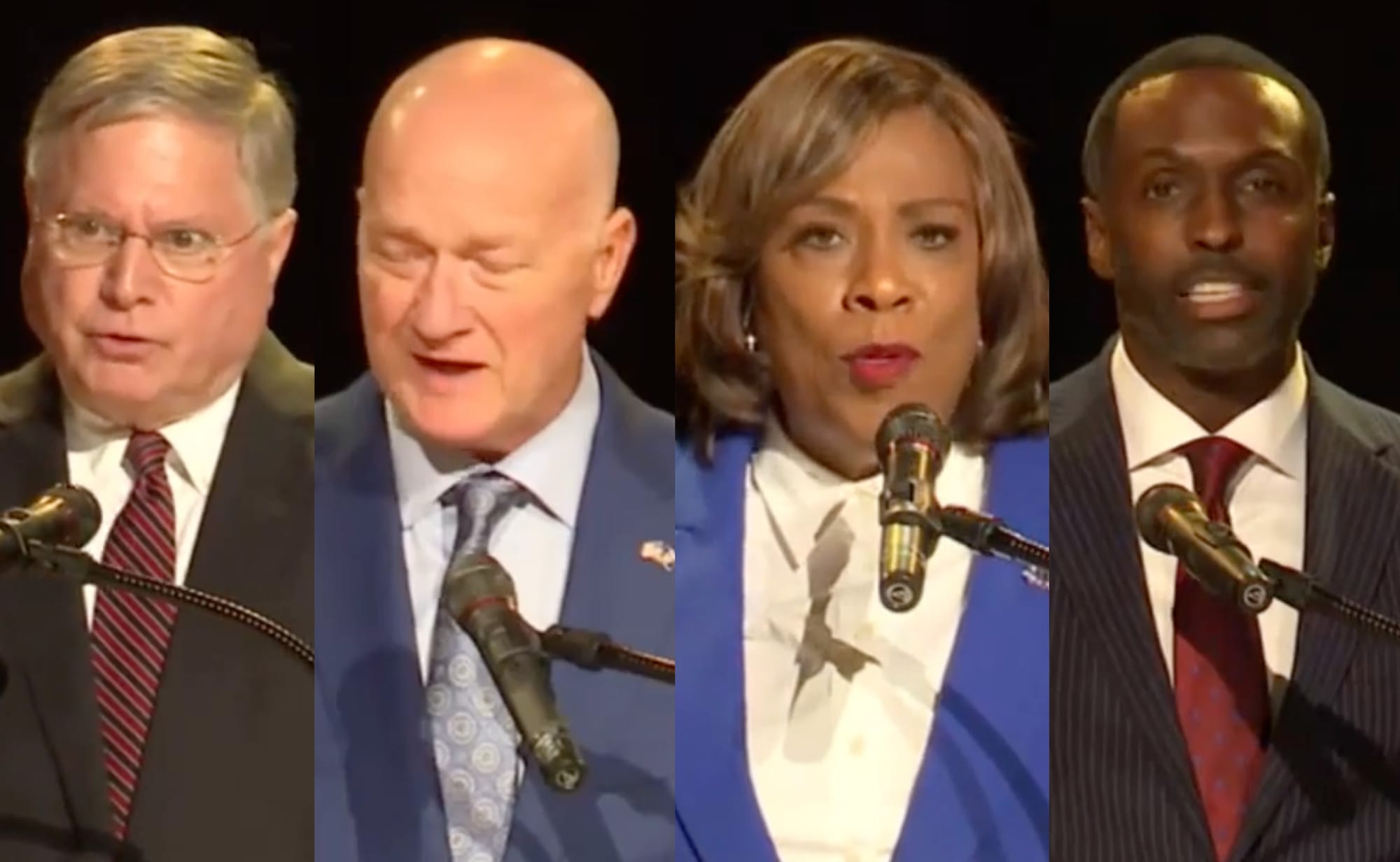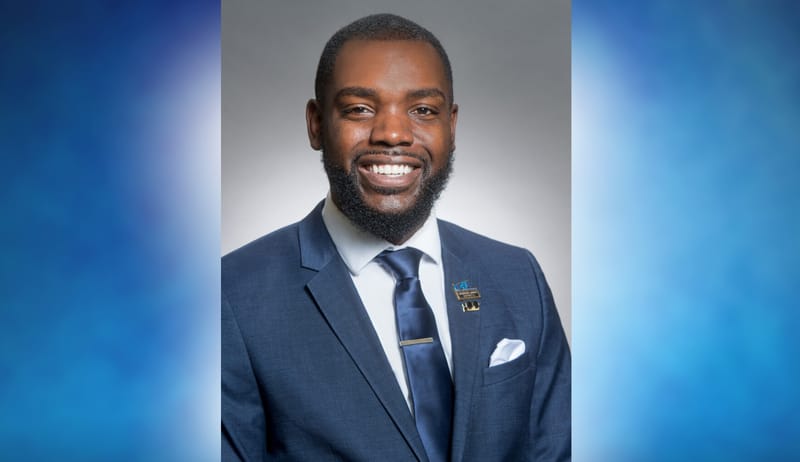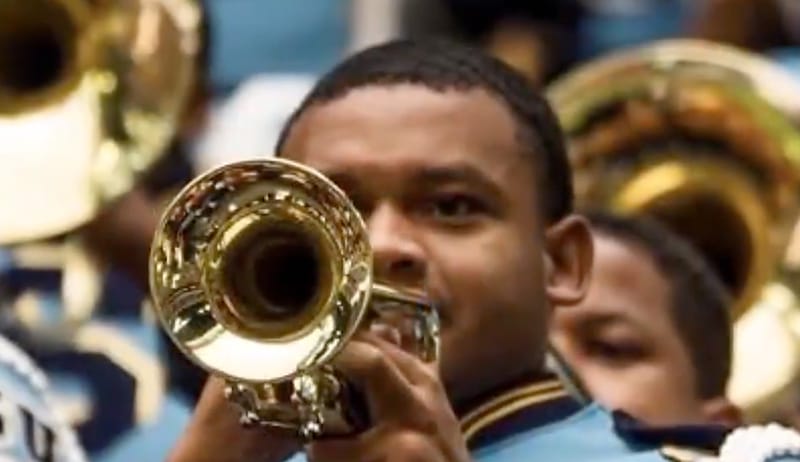Candidates Clash Over Crime, Growth, and Leadership in Final Baton Rouge Mayoral Debate

BATON ROUGE – In a crucial mayoral debate Thursday night, the candidates vying to lead Baton Rouge made their final cases to voters, focusing heavily on crime, downtown development, and their leadership records. Incumbent Mayor-President Sharon Weston Broome, seeking a third term, faced off against challengers Ted James, Sid Edwards, and Steve Myers in a forum sponsored by the Baton Rouge Area Chamber.
Broome, who has led Baton Rouge through turbulent years including the devastating 2016 flood and a spike in crime, defended her record, positioning herself as a leader who has dealt with tough issues head-on. "I’ve demonstrated courage in the face of challenges," she said. "I want to make sure everyone in this city is included and has a seat at the table." Broome cited initiatives like the Real Time Crime Center and her Summer of Hope program, which she said helped reduce crime through community-driven efforts. She also emphasized her administration's economic progress downtown, which has seen increased investment and hosted successful public events.
Ted James, a former state legislator and current regional director for the U.S. Small Business Administration, called for a fresh approach to leadership, criticizing the divisiveness in recent government. He positioned himself as someone who could work across partisan lines, stating, "I have demonstrated the ability that even though we are separated, we do not have to be divided." James argued that Baton Rouge needs new solutions to crime and economic stagnation, particularly in empowering small businesses and addressing youth flight from the city.
Sid Edwards, a high school football coach at Istrouma High, emphasized his non-political background, asking voters if they were ready for "real change" after decades of leadership from career politicians. Edwards pointed to his four decades of working with young people, stating, "I want to show Baton Rouge what it’s like to win again." He highlighted the need for family-oriented development downtown and said the city must address its ranking as one of the least safe municipalities in the country.
Steve Myers, a businessman who has run for several offices, focused on minimizing government involvement in areas like downtown development, insisting that the private sector should lead the charge. "If it's a good idea economically, let the private sector do it," Myers said, adding that having "trendy businesses" alone wouldn’t solve Baton Rouge’s broader problems. He also called for increasing law enforcement salaries to boost public safety and restore pride in the city.
Crime remained a central issue throughout the debate. While all candidates acknowledged the city’s violent crime rate, Broome pointed to national trends, noting that Baton Rouge is not alone in facing these challenges. She highlighted her administration’s efforts to reduce response times and promote community programs to prevent violence. Edwards and Myers both called for more aggressive crime-fighting measures, with Myers stressing the need for a sense of place and identity to bring pride back to the city. James urged voters first to admit Baton Rouge has a violent crime problem, then equip law enforcement with the necessary resources.
Broome’s challengers also aimed at her administration’s economic policies. While Broome highlighted the progress in revitalizing downtown, James argued that more needs to be done to attract and keep young people in the city. Myers advocated for the government to step back and allow private enterprise to flourish, while Edwards called for activities that appeal to both children and adults to create a safer and more vibrant downtown area.
With the election just weeks away, Broome, who leads in the polls, positioned herself as the steady hand Baton Rouge needs to navigate ongoing challenges. "I’m the same Sharon Weston Broome you’ve seen over the years," she told voters. James and Edwards, both polling closely behind Broome, presented themselves as the alternative to traditional political leadership, while Myers offered a vision of limited government intervention.
As the debate wrapped up, each candidate made their final plea to voters. Broome urged citizens to stay the course, building on the foundation her administration has laid. "I have dealt with the toughest issues," she said, "and I am ready to keep moving this city forward." James emphasized his bipartisan support and ability to bridge divides, while Edwards promised to bring "real change" and a win for the people of Baton Rouge. Myers encouraged voters to look to the private sector for solutions, pledging to create a city where residents are proud to live.
With early voting approaching and election day set for Nov. 5, the candidates have laid out their visions, leaving voters to decide who will lead Baton Rouge for the next four years.






